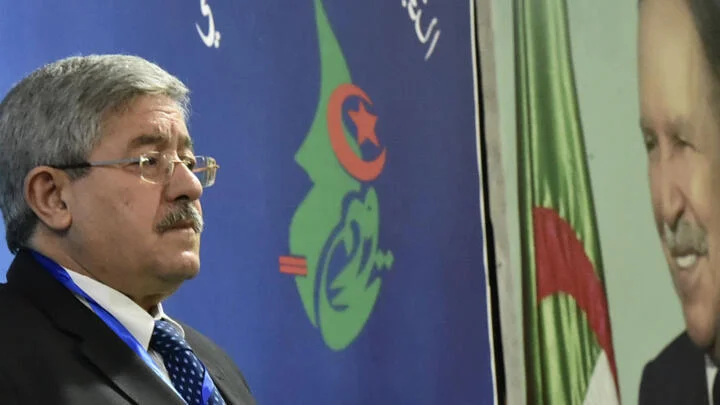An Algerian court has upheld hefty prison sentences for former Prime Ministers Ahmed Ouyahia and Abdelmalek Sellal, confirming their convictions from December 2019.
Ouyahia received 15 years, and Sellal 12 years, for corruption tied to the auto sector and the covert financing of ex-President Abdelaziz Bouteflika’s aborted 2019 re-election bid.
The ruling, announced on January 28, 2021, followed a retrial prompted by the Supreme Court’s annulment of their earlier convictions. The scandal, costing the public 128 billion dinars ($1 billion), involved businessmen and highlighted systemic corruption under Bouteflika’s regime. This decision underscores Algeria’s ongoing efforts to address high-level graft amid public demands for reform.
Details of the Corruption Scandal
The trial focused on corruption in Algeria’s auto industry and illicit funding for Bouteflika’s 2019 campaign, which collapsed amid mass protests.
Ouyahia, prime minister four times between 1995 and 2019, admitted during the January retrial to receiving gold bars from Gulf donors and selling them on the black market, per Algeria’s official news agency. Sellal, who served from 2012 to 2017 and managed Bouteflika’s campaigns, was also implicated.
The auto scandal involved inflated invoices and bribes, costing the treasury heavily.
Retrial and Political Context
The retrial followed the Supreme Court’s November 2020 decision to overturn the initial convictions, citing procedural issues. Both former PMs, key figures under Bouteflika, faced charges of misappropriation and abuse of power.
Bouteflika resigned in April 2019 after widespread protests against his fifth-term bid, driven by anger over corruption. The protest movement, known as Hirak, continued until the COVID-19 pandemic halted demonstrations in 2020.
Impact on Algeria’s Anti-Corruption Efforts
The upheld sentences signal Algeria’s push to address corruption, a key demand of the Hirak movement. The trial, the first of its kind since Algeria’s 1962 independence, also convicted businessmen like Ali Haddad, whose sentence was reduced to four years. However, skepticism persists about the trials’ motives.
The auto scandal’s $1 billion loss underscores the economic toll of corruption, fueling public discontent.
The judiciary faces pressure to prove its independence as Algeria navigates post-Bouteflika reforms.
Future Implications for Governance
The convictions of Ouyahia and Sellal, while significant, raise questions about Algeria’s path to transparency.
With Bouteflika’s allies still influential, the public demands deeper reforms. The Hirak movement’s pause due to COVID-19 has not diminished calls for systemic change. The court’s ruling may deter corruption but risks being seen as selective justice without broader accountability.






